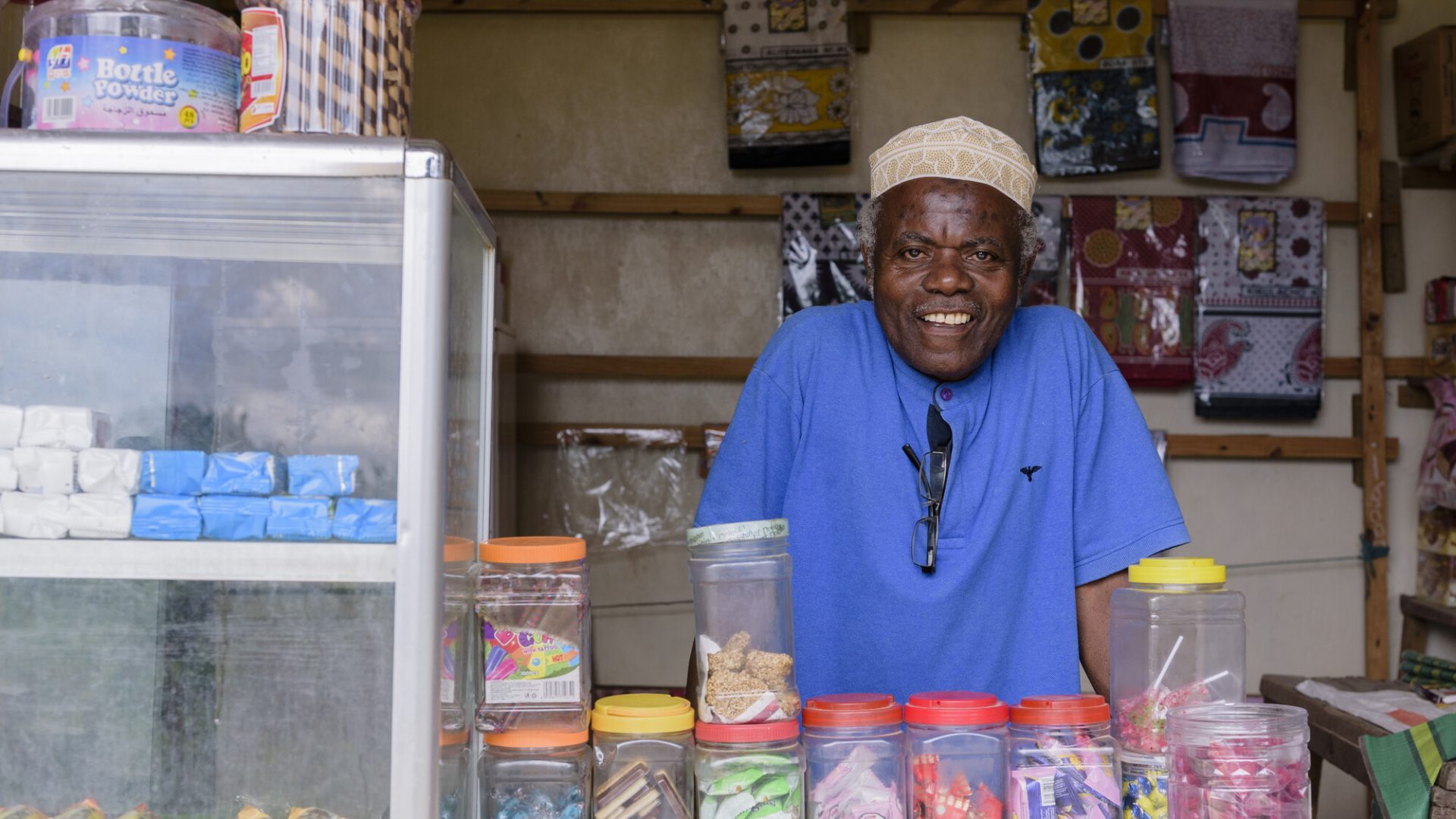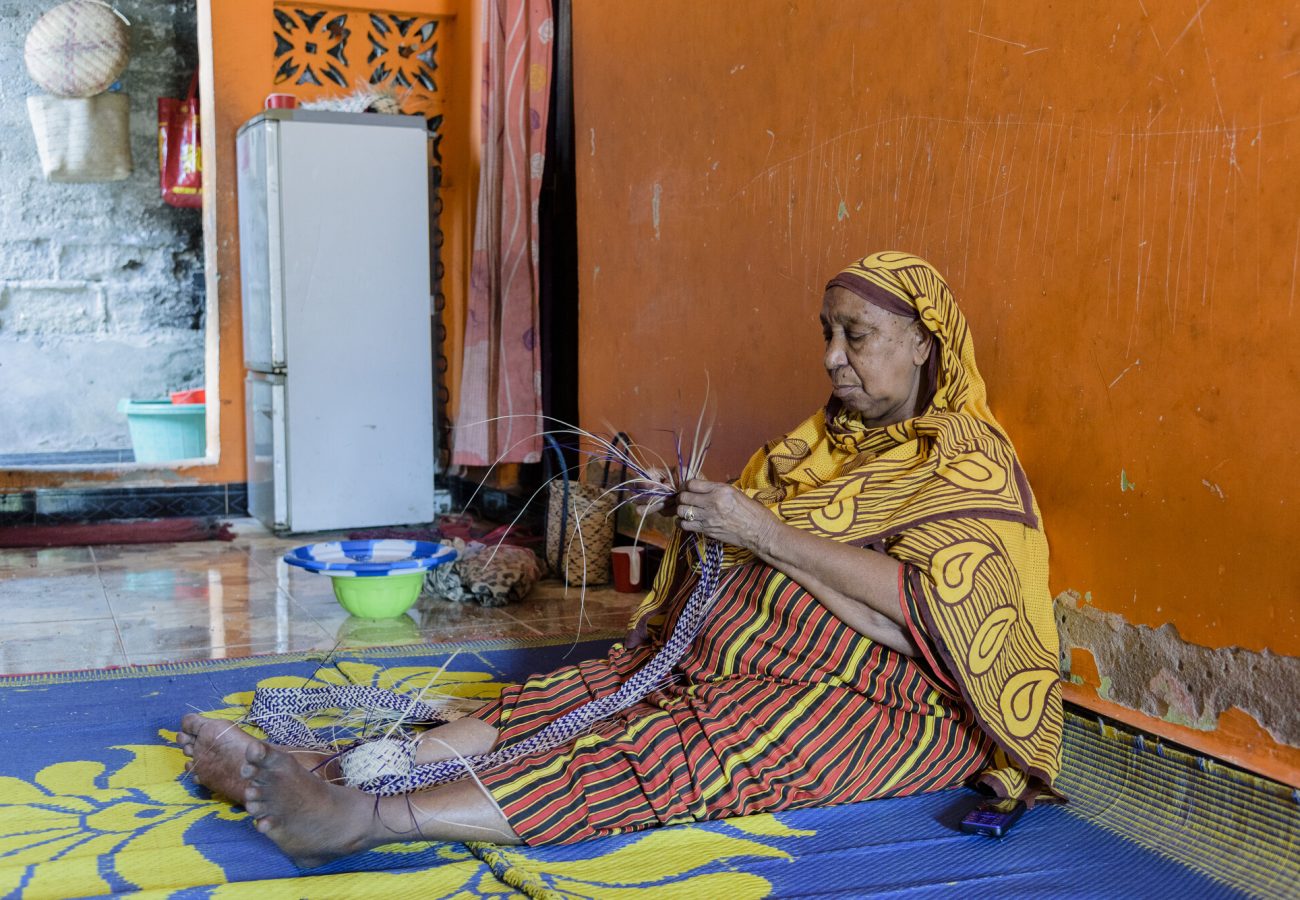Shaping social protection policies
Influencing governments to recognise social protection as a vital public policy was one of the core aims of the AFFORD programme. In this regard, the programme achieved remarkable success.
In Malawi. Mozambique, and Zanzibar in Tanzania, AFFORD participants were part of a movement that helped change social protection systems.
In Mozambique, the OPAs were invited to help shape the design of the Basic Social Protection Programme (PSSB) strategy, which now serves as a cornerstone of the country’s social protection framework. In Malawi, the programme’s influence led to the formulation of a law that protects the rights of older people and the establishment of an Older People’s Council. And in Zanzibar, advocacy by AFFORD’s partners and the OPA’s led to the improvement of the island’s social protection systems, resulting in a significant increase in the social pensions paid to older people giving them more secure income.
These achievements highlight the programme’s success in changing the narrative around social protection. Where once older people could be overlooked or considered a burden, they are now recognised as a vital part of society, deserving of support and protection.
Creating a movement for change
Beyond its work with governments, AFFORD also focused on creating a broader movement for change, working closely with civil society organisations (CSOs), media outlets, and community leaders to raise awareness about ageing issues and promote positive change.
Promoting collaboration with CSOs and their networks was a key strategy of the AFFORD programme, encouraging them to amplify their impact by pooling resources and sharing knowledge. This collaborative approach proved to be highly effective, particularly in engaging with governments at national and community levels.
The programme also placed a strong emphasis on evidence-based advocacy. Several research studies were produced to better understand the challenges faced by older people. These findings were shared with governments to inform their policies and programmes.
Engagement with the media was another element of the AFFORD programme. A programme of active media engagement was developed, informing journalists about social protection and ageing issues, in order to change how older people are portrayed. In the four implementing countries, it became more common to see positive stories about older people in the media, a clear contrast to the negative narratives that once dominated.
Community and partnership
AFFORD’s success was largely due to its strong focus on community and partnership. The programme recognised that change starts at the community level, and it made a concerted effort to involve community players, such as older people, traditional leaders, and local partners, in advancing the ageing agenda.
This bottom-up approach was complemented by top-down advocacy, ensuring that governments were engaged in the programme’s objectives. By bringing together community voices and government officials, AFFORD was able to create a more holistic and inclusive approach to social protection.
The programme also fostered partnerships with international organisations, such as the International Labour Organisation (ILO) and UNICEF, to further its goals. These collaborations brought additional expertise and resources to the table, making it easier for AFFORD to engage with governments and push for the adoption of inclusive social protection systems.


